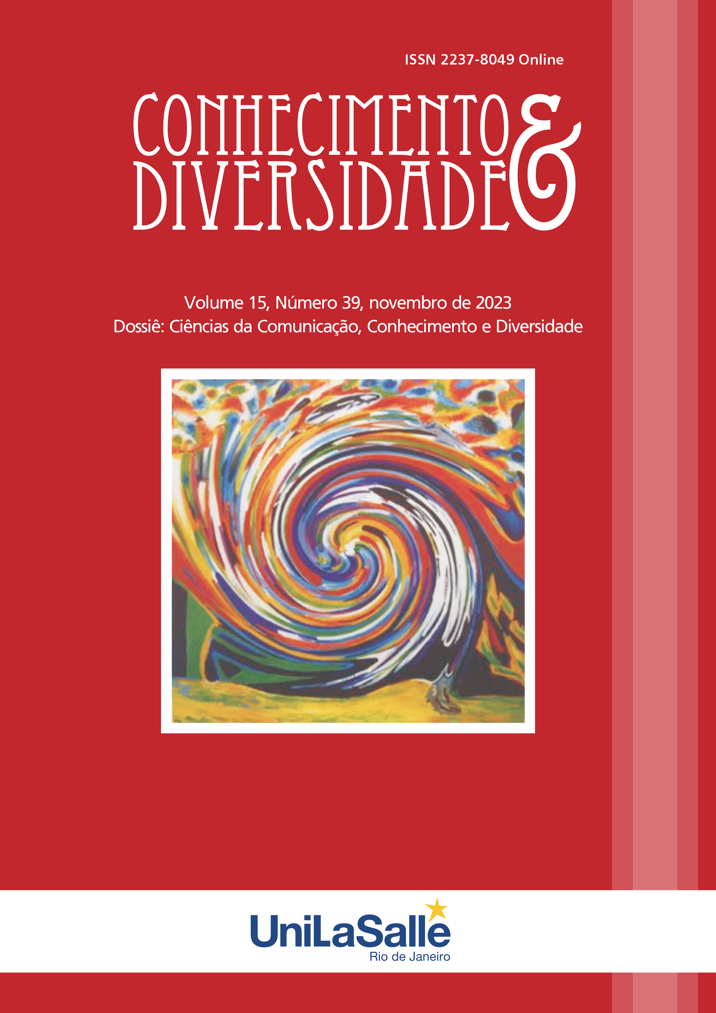HIGHER EDUCATION IN MOROCCO, A NEW GENERATION OF STUDENTS WITH NO MORE FINAL YEAR PROJECT
EXPECTATIONS AND IMPACT POST COVID-19
DOI:
https://doi.org/10.18316/rcd.v15i39.11129Keywords:
Higher Education, Undergraduate students, Final Year Project, Pact ESRI 2030, COVID-19Abstract
A new pedagogical engineering plan is being implemented in universities by Morocco's Ministry of Higher Education, Scientific Research and Innovation, by the start of the next academic year 2023-2024 in line with ESRI PACT 2030. The Final Year Project, a common practice in Moroccan higher education, has so far allowed students to apply their knowledge and skills in scientific research, promoting more equitable outcomes. However, the National Committee for Coordination of Higher Education has approved the plan to cancel it from bachelor degree programs in Morocco, which will be carried out by the next university year, raising new questions and concerns amongst the students. This paper aims to investigate the perceived importance of Final Year Projects for Moroccan students, measure their readiness to graduate with a bachelor degree without it and study the expected impact this would have on future generations' education journey.
References
Allen, E., & Seaman, C. A. (2007). Likert Scales and Data Analyses. Quality Progress, 40, 64-65.
Boyer, E. L. (1996). The student as scholar. In Rethinking liberal education. Oxford University Press.
Brew, A. (2010). Imperatives and challenges in integrating teaching and research. Higher Education Research & Development, 29(2), 139-150.
Healey, M., & Jenkins, A. (2009). Developing undergraduate research and inquiry (p. 152). York: Higher Education Academy.
Ishiyama, J. (2002). Does early participation in undergraduate research benefit social science and humanities students?. College Student Journal, 36(3), 381-387.
Linn, M. C., Palmer, E., Baranger, A., Gerard, E., & Stone, E. (2015). Undergraduate research experiences: Impacts and opportunities. Science, 347(6222), 1261757.
Ministry of Higher Education, Scientific Research, and Innovation, Morocco. (2023). ESRI PACT 2030: A Strategic Plan for Higher Education.
Parker, J. (2018). Undergraduate research, learning gain and equity: the impact of final year research projects. Higher Education Pedagogies, 3(1), 145-157.
Russell, S. H., Hancock, M. P., & McCullough, J. (2007). Benefits of undergraduate research experiences. Science, 316(5824), 548-549.
Vitner, G., & Rozenes, S. (2009). Final-year projects as a major element in the IE curriculum. European journal of engineering education, 34(6), 587-592.
Wenzel, T. (2003). Definition of Undergraduate Research. Department of Chemistry, Bates College.
Downloads
Published
Issue
Section
License
Copyright (c) 2023 Kaoutar El Aida, Moulay Maati Alaoui Fennane, Abdelfattah Lahiala

This work is licensed under a Creative Commons Attribution 4.0 International License.
As recommended by the Public Knowledge Project, RCD adopts for its articles a CREATIVE COMMONS Attribution CC BY 4.0 license.
This license allows others to distribute, remix, adapt and build upon your work, even commercially, as long as they credit you for the original creation.
This is the most appropriate license offered.
Recommended for maximum dissemination and use of licensed materials.



